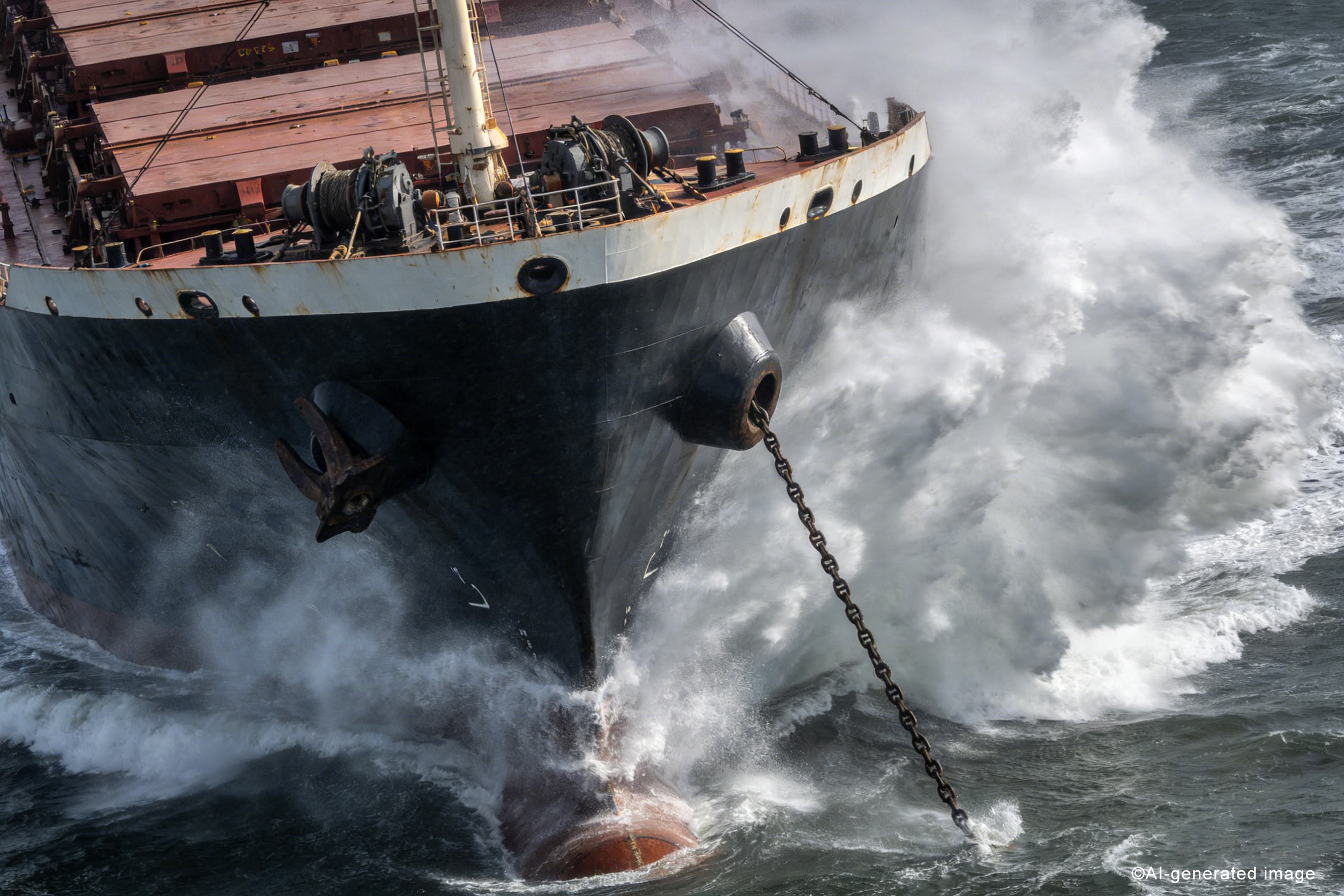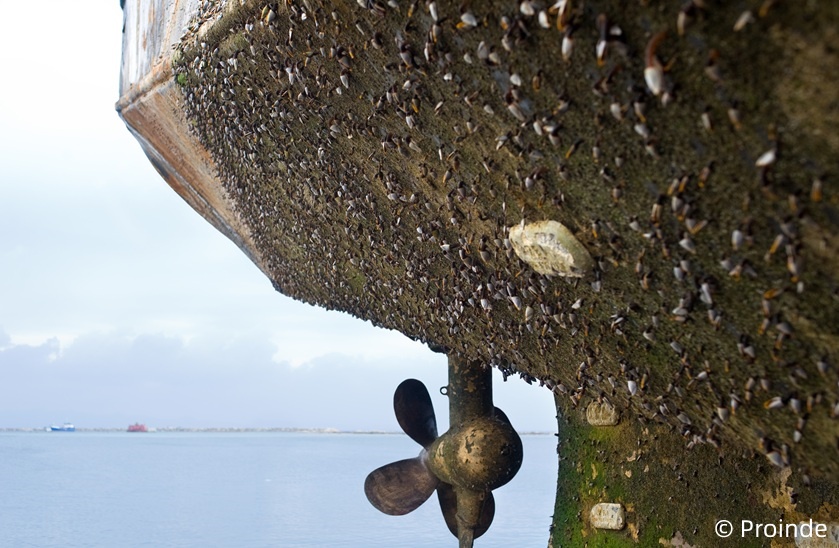LOSS PREVENTION
LP 05/2026 Weighing Anchor in Heavy Weather
Winter and rough sea seasons are peak periods for anchor damage or loss.
LP 03/2026 CPI Review on Shipping Safety Risks 2025
Maritime safety now presents a multifaceted landscape where traditional risks persist alongside emerging challenges.
LP 02/2026 New Standards for Biofouling Management in Brazil
The Brazilian maritime authority has approved a revised regulatory framework for biofouling management in Brazil, with the penalties soon to be enforced.










